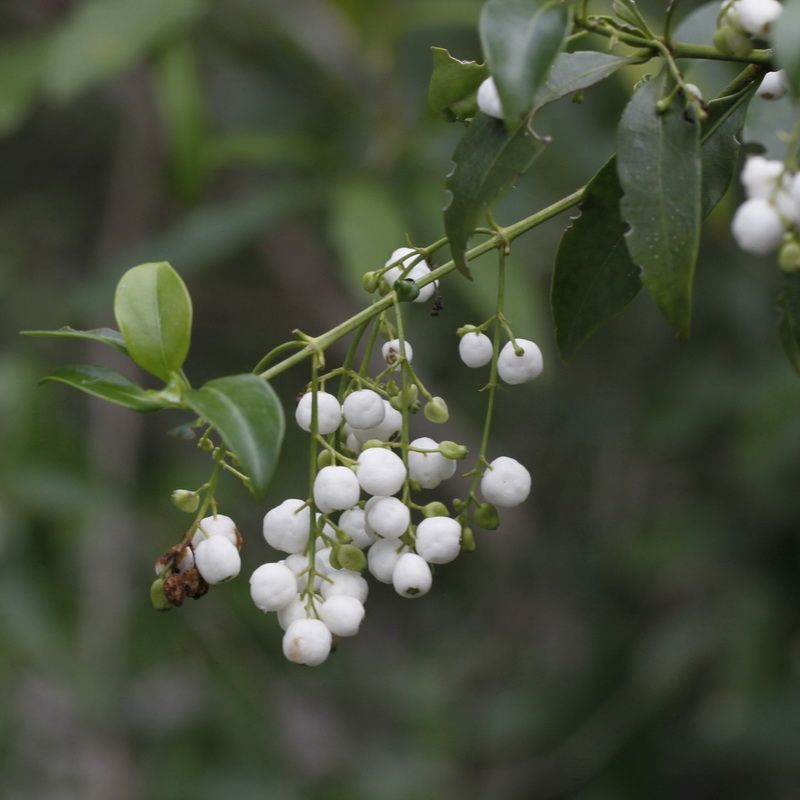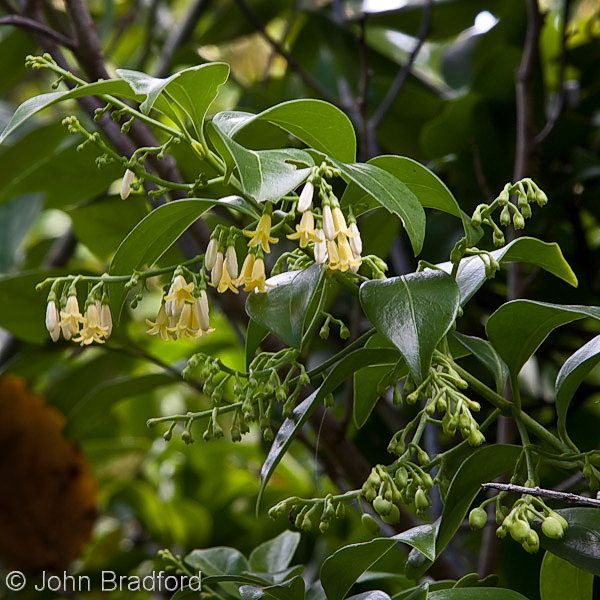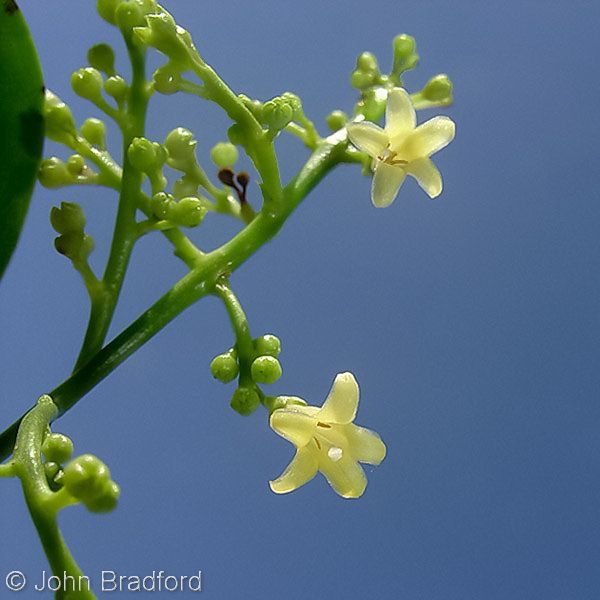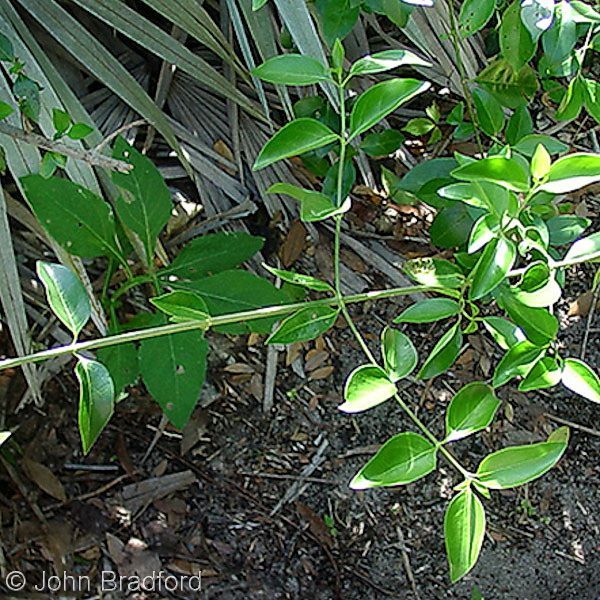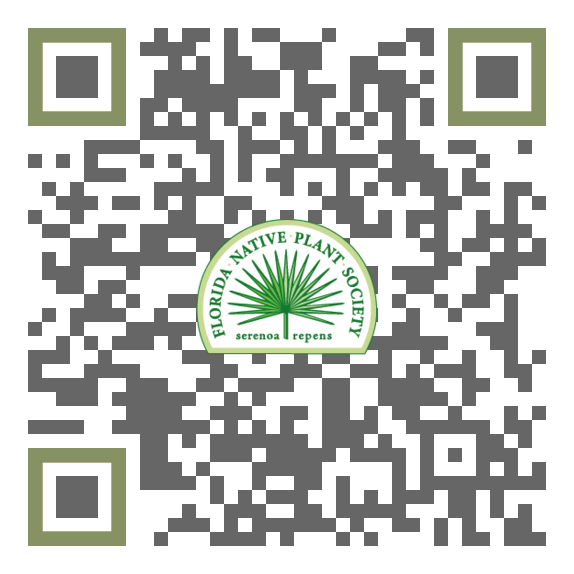FNPS Plant Database
Chiococca alba
Nomenclature
Common Name:
Synonym(s):
Genus species:
Family:
Rubiaceae
Plant Specifics
Form:
Size:
Life Span:
Long-lived perennial
Flower Color:
Fruit Color:
Phenology:
Noted For:
Landscaping
Recommended Uses:
Considerations:
Availability:
Propagation:
Light:
Moisture Tolerance:
Always Flooded---------------------------------Extremely Dry
□□□□□□□□□□□□□□□□□□□□□■■■■■■■■■■■■■■■□□□□□□
Somewhat moist, no flooding -to- Somewhat long very dry periods
Salt Water Flooding Tolerance:
Unknown
Salt Spray/Salty Soil Tolerance:
Moderate. Tolerant of salty wind and may get some salt spray
Soil or Other Substrate:
Sand, Loam, Lime Rock
Soil pH:
Suitable to Grow In:
9A,9B,10A,10B,11

USDA zones are based on the average annual extreme minimum winter temperature.
Don't know your zone? Click here to search by zip code.
Vouchered In:
Ecology
Wildlife:
Larval host for the Miami blue butterfly (Cyclargus thomasi) and Snowberry clearwing moth (Hemaris diffinis). Attracts a variety of pollinators.
Birds and other wildlife consume fruit.
Native Habitats:
Comments:
Ethnobotany:
General Comments:
Citations:
Gann, G.D, C.J. Abbott, C.G. Stocking, K.N. Hines, and collaborators. (2001+). Common snowberry, Milkberry. Natives For Your Neighborhood. ( https://www.regionalconservation.org/beta/nfyn/plantdetail.asp?tx=Chioalba ). Accessed 2026. The Institute for Regional Conservation. Delray Beach, Florida.
Haehle, Robert G. and Joan Brookwell. (1999). Native Florida Plants. Gulf Publishing Company. Houston, TX.
Gilman, Edward F, Ryan W. Klein, and Gail Hansen. (2023). Chiococca alba (Snowberry). FPS124/FP124. ( https://edis.ifas.ufl.edu/publication/FP124 ). Accessed 2026. Institute of Food and Agriculture Sciences, University of Florida, Gainesville.
Wunderlin, R. P, B. F. Hansen, A. R. Franck, and F. B. Essig. (1999+). Atlas of Florida Plants. ( https://florida.plantatlas.usf.edu/ ). [S. M. Landry and K. N. Campbell (application development), USF Water Institute.] Institute for Systematic Botany, University of South Florida, Tampa.




